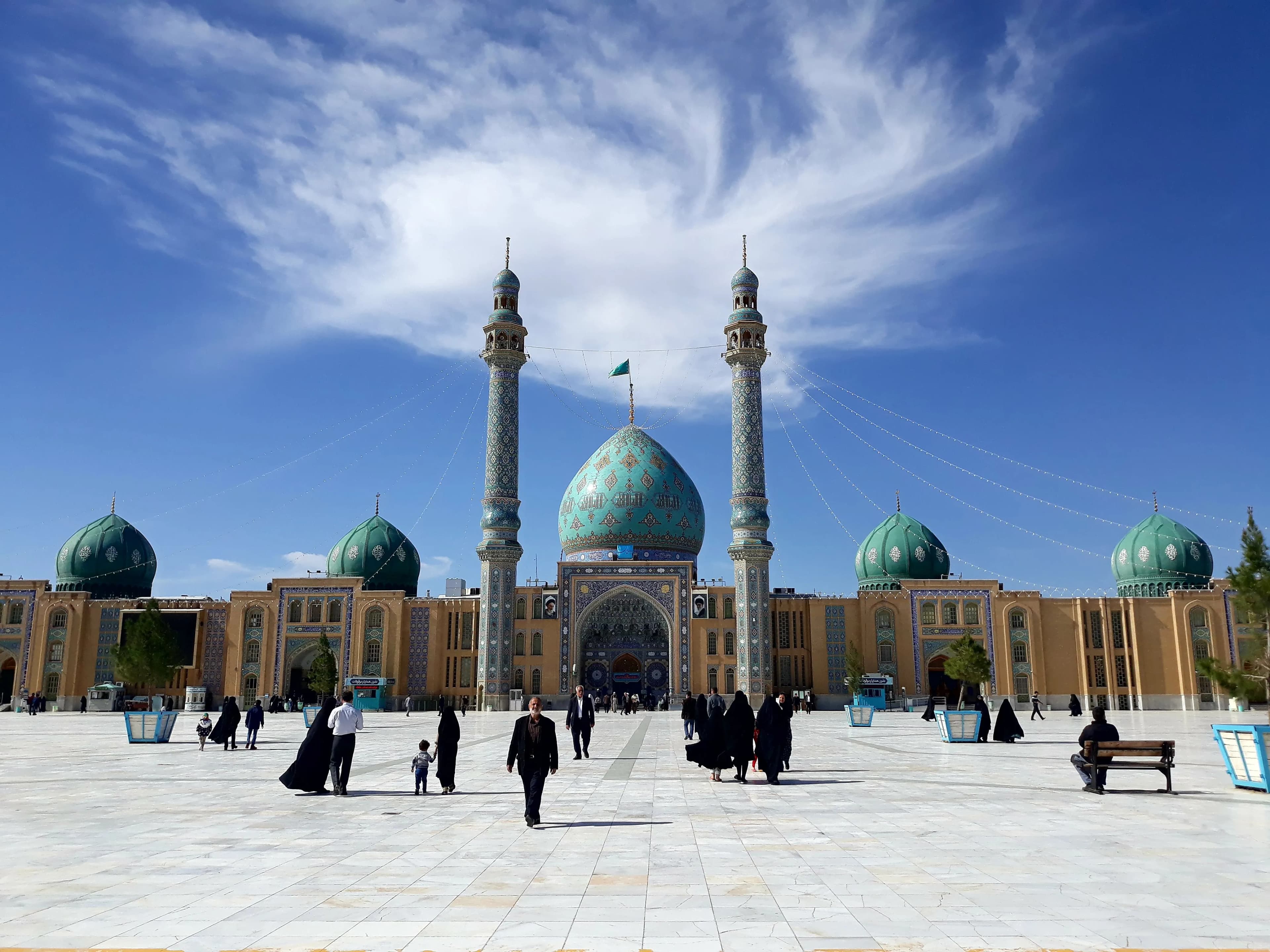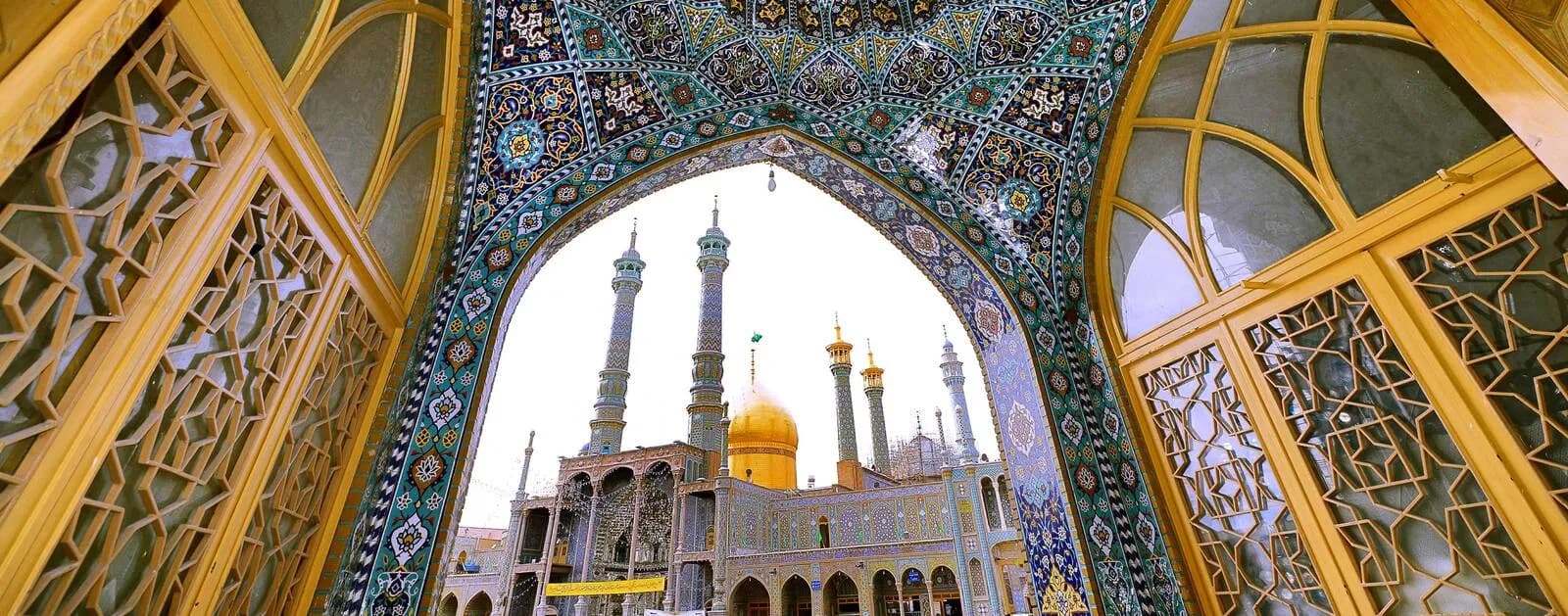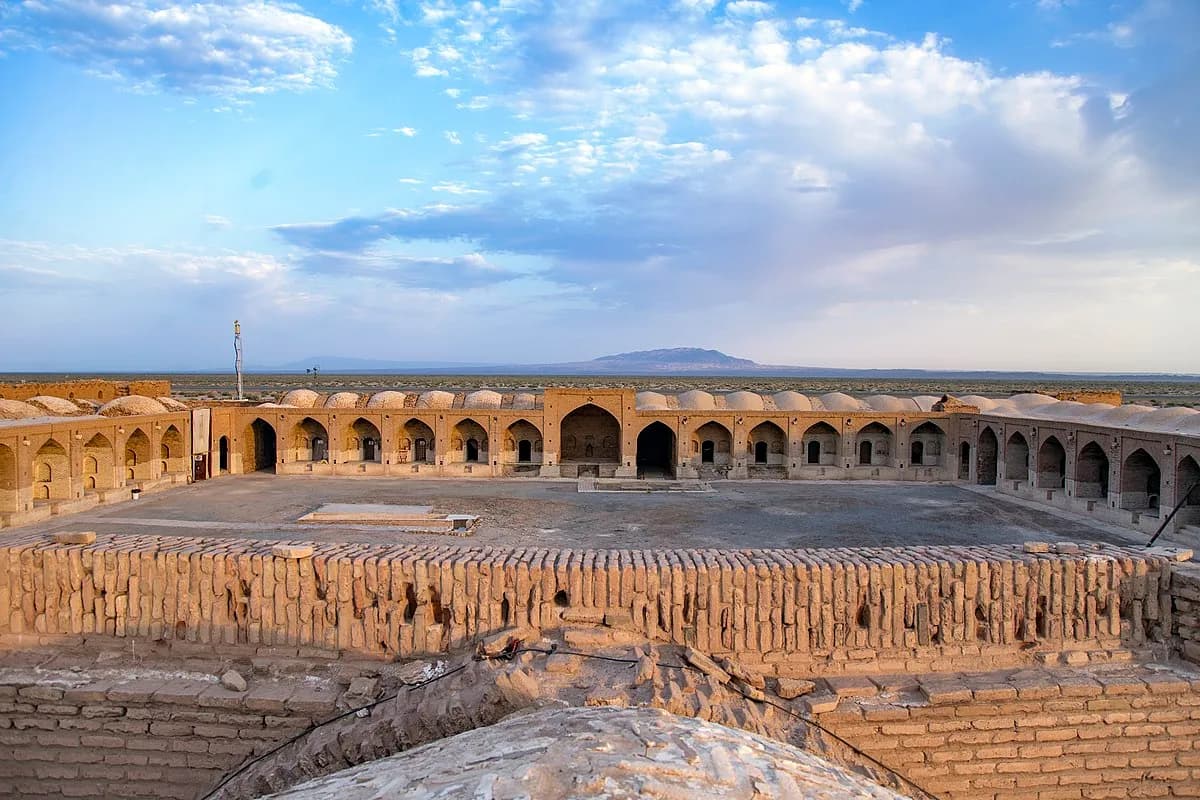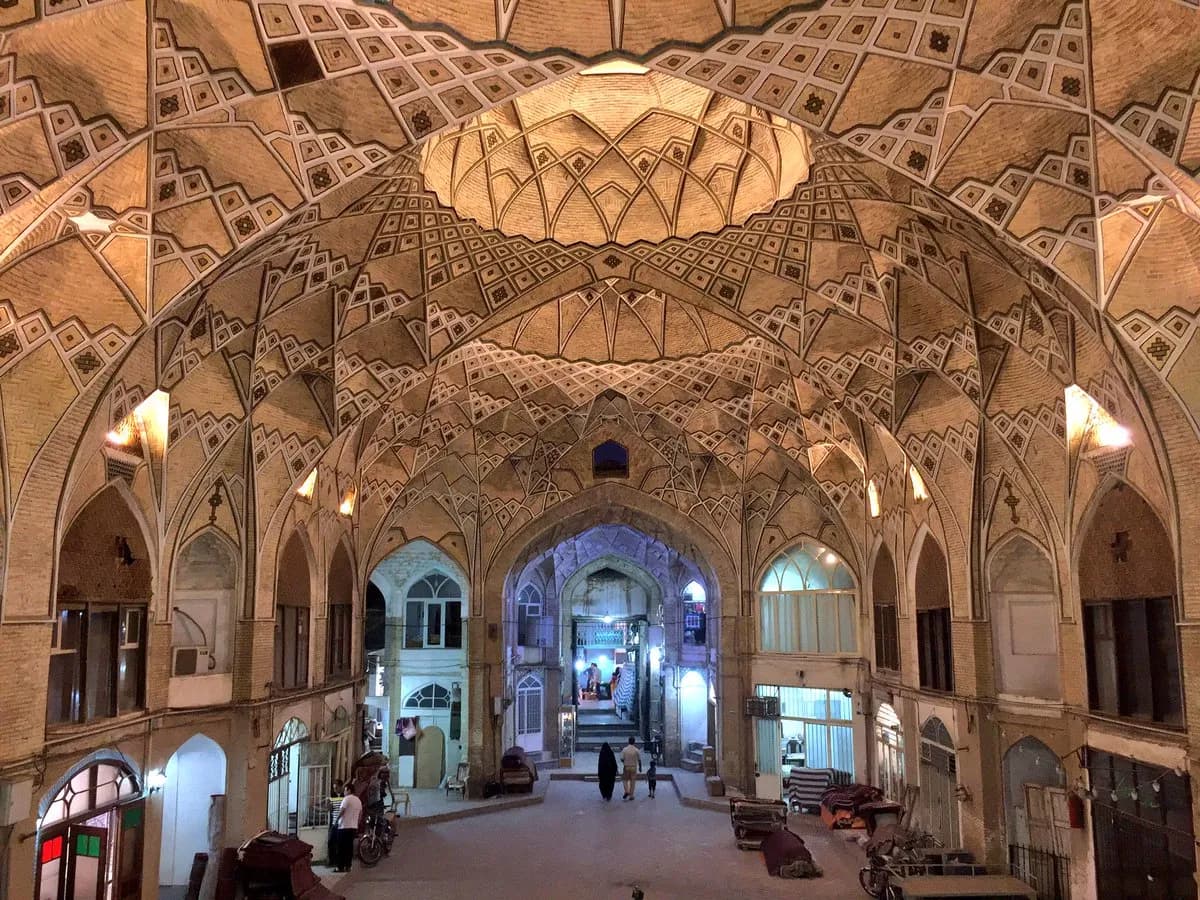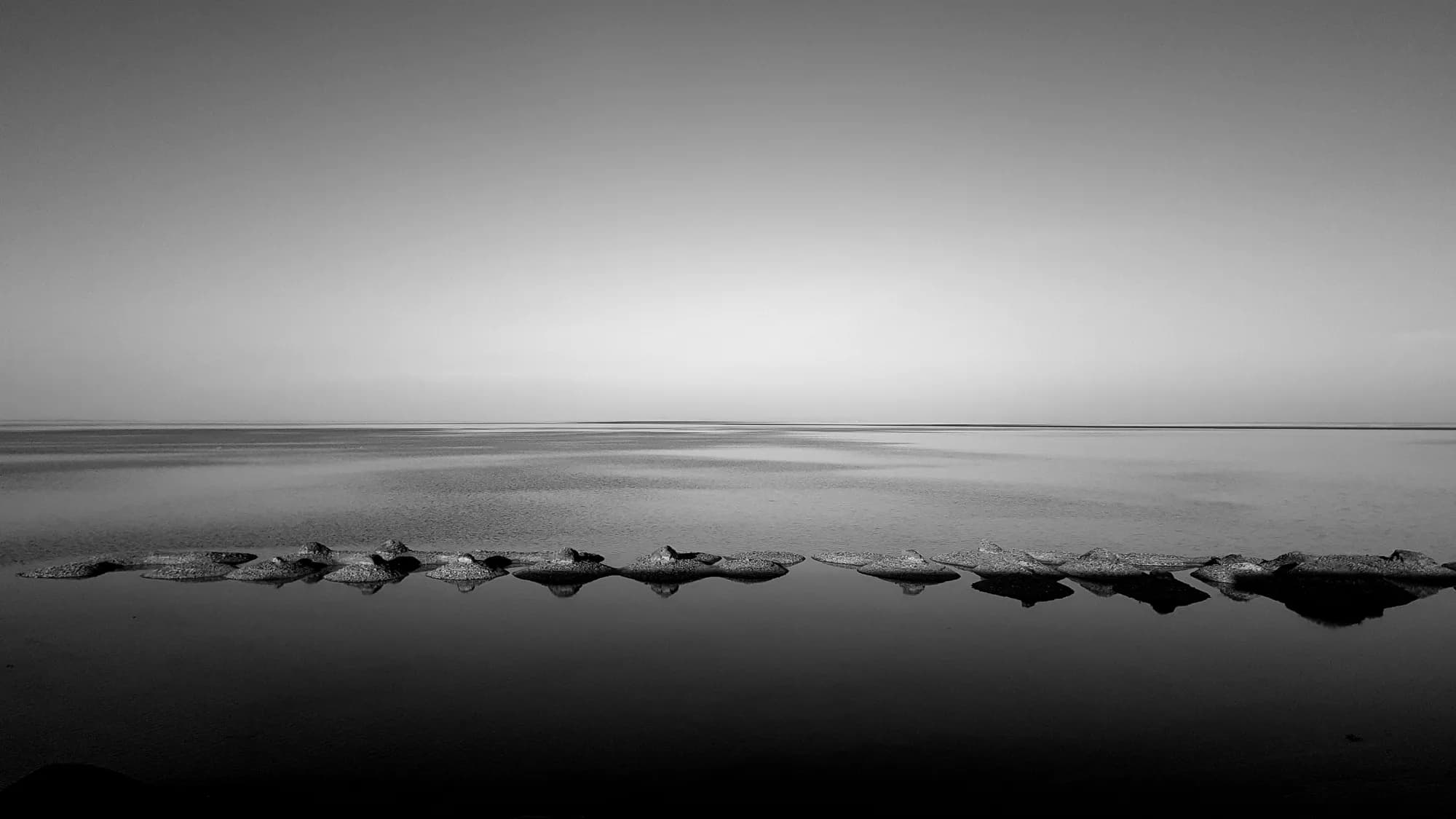About Qom
As the second holiest city in Iran (after Mashhad) and the center of study for religious clerics and students, Qom has a reputation for being conservative and is therefore just a city to pass through on many travelers' itineraries. But that would mean missing out on the many architectural, cultural, and natural sites it has to offer. The present city of Qom has a history dating back to ancient times, and it was one of the main centers of Silk Carpet, Sweets, and Sohan production in Iran. Qom, a desert town, is one of the biggest centers in theology and religious ritual training. More than 20 million pilgrims visit this city every year, from Iran and other Shia’s from all around the world. Qom gained additional prosperity when oil was discovered at Sarajeh near the city in 1956 and a large refinery was built between Qom and Tehran.
About the Climate of Qom
Qom has a hot desert climate, comprising mountainous areas, foothills, and plains with low annual rainfall since it’s far from any seas. Summer is warm and arid and winter is nearly cold in this city. Agricultural activities are not possible in most of this province, especially near the salt lake regions.
